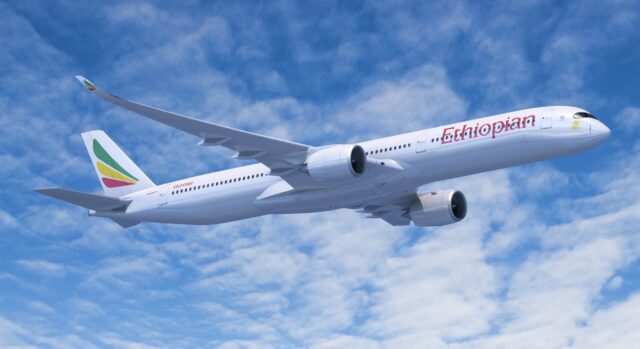BALPA warns of pilot training cost barrier
As students across the UK open their A-level results today, the British Airline Pilots’ Association (BALPA) is calling for the airline industry to ensure pilot selection is open to all…

As students across the UK open their A-level results today, the British Airline Pilots’ Association (BALPA) is calling for the airline industry to ensure pilot selection is open to all and that those from less advantaged backgrounds are not put off.
The pilots’ association says training costs of up to £100,000 mean good A-level results are not enough for aspiring pilots who have to work out their finances before chasing their dream career.
Historically, airlines would fund training, offering cadets a guaranteed job at the end for those who successfully passed.
However, in the last few decades the burden has fallen increasingly to the pilots who now fund their training themselves, at a cost of up to a whopping £100,000.
Aspiring pilots have told BALPA that this leads to a two-tier system, with those from poorer backgrounds put off by the debt burden while those with deeper pockets but less talent able to fulfil their dreams.
Merit, not money
BALPA is calling on airlines and decision makers to help ensure pilots from less advantaged backgrounds are not put off the career. It says selection must be based on ability to do the job and not ability to pay.
Newly trained pilots also say atypical employment practices and low starting wages are adding to the problem. For example, BALPA has raised concerns about the increase of casual contracts in safety-critical roles. It says financial uncertainty might lead to greater risk, especially for those newly trained pilots considering training debts.
Eyes wide open
BALPA Head of Membership and Career Services, Wendy Pursey, said: “Unfortunately, many aspiring pilots who have worked hard to get top-notch A-level qualifications will fall by the wayside because they are unable to fund their training. We believe this financial burden has a real impact on pilots and has wider repercussions for the aviation industry.
“Pilot contracts are changing and the big salaries associated with being a pilot are fast disappearing. There are some contracts out there for low-hours pilots which barely pay enough to live on, let alone cover the cost of training. Whilst we don’t want to put anyone off a pilot career, we must ensure our future pilot members are entering the industry with their eyes wide open.”
“We believe more needs to be done to ensure fresh talent is supported early in their career.”
nextGen
BALPA has launched its nextGen project to give trainees a voice and lobby the Government and airlines to do more to ensure recruitment is “based on talent and not on who has the deepest pockets”.
Aerospace needs an image overhaul
Widening access and training costs were among the issues addressed by FINN editor-in-chief Alan Peaford in a recent blog post about how to address the aerospace industry’s growing skills challenges. Read now.
















